Eating berries may be linked to a lower risk of cancer. (AI-generated illustration) |
Genetics, age and family history clearly play a role in cancer risk, but lifestyle habits, such as food choices, can also have an impact.
Diet is an important factor in cancer prevention and is something we can control, unlike family history, says Tingting Tan, MD, an oncologist and hematologist at City of Hope in Newport Beach, California.
The mechanisms involved in how these foods prevent cancer or reduce a person's risk of cancer are complex."
The relationship between diet and cancer is certainly not straightforward, but researchers have identified a diet low in nutrient-dense foods (including fruits, vegetables, whole grains, and nuts) as a risk factor for cancer.
Although no food can completely "fight cancer", food groups such as fruits, nuts and whole grains contain many nutrients that can protect cells, help reduce damage and thereby reduce the risk of cancer.
The expert said that his favorite breakfast, which he consumes almost every day, consists of: Oats, nuts and berries. He explains the benefits of each ingredient and why he should choose them to consume.
Whole grains
“Whole grains like oats are considered cancer-preventive foods because they contain phytoestrogens, antioxidants and fiber, all of which may help reduce cancer risk,” says Tan.
Oats are also high in fiber, which is beneficial for colon health. Some studies have shown that higher fiber intake is associated with a lower risk of colon cancer.
“Another reason could be that these foods help support a healthy gut microbiome, which plays a role in cancer prevention,” says Dr. Tan.
A systematic review published in 2021 in the Journal of Nutrition found a link between oat consumption and an increase in beneficial gut bacteria. Just half a cup of rolled whole-grain oats provides about 5 grams of fiber.
Berries
Foods rich in phytochemicals – plant compounds found in vegetables, fruits, beans and nuts – can slow the growth of cancer cells, explains Dr. Tan.
Blueberries are a rich source of anthocyanin, a phytochemical that gives the fruit its characteristic deep blue color, and also helps reduce inflammation and neutralize harmful free radicals. Many studies have shown that eating berries may be associated with a lower risk of cancer.
"The components found in berries have also been shown to slow the growth of precancerous cells," Dr. Tan added.
Therefore, berries are the ideal choice as a topping for morning oatmeal, quick, delicious and healthy.
Nuts
Not only do nuts like pecans and almonds add an attractive crunch to your food, they also help complete a quick, nutritious breakfast thanks to their healthy fats, fiber, and plant-based protein.
Although more research is needed, a 2021 review found that eating a variety of nuts may be associated with a lower risk of colon cancer and reduced cancer mortality.
Almonds, pecans, and many other nuts contain polyphenols, natural compounds that may improve gut health. A 2018 randomized, controlled study also found that walnuts may help increase the amount of beneficial bacteria in the gut microbiome.
Not only are nuts nutritious, they also have anti-inflammatory properties. According to Dr. Tan, chronic inflammation is a factor that may be linked to the development of cancer. Some studies have also shown a clear link between prolonged inflammation and the risk of tumor formation.
Additionally, seeds are a source of antioxidants, especially vitamin E - a nutrient that helps protect cells from damage over time.
Source: https://baoquocte.vn/ba-mon-bua-sang-quen-thuoc-cua-bac-si-ung-thu-nham-tang-cuong-suc-khoe-phong-benh-lau-dai-320381.html


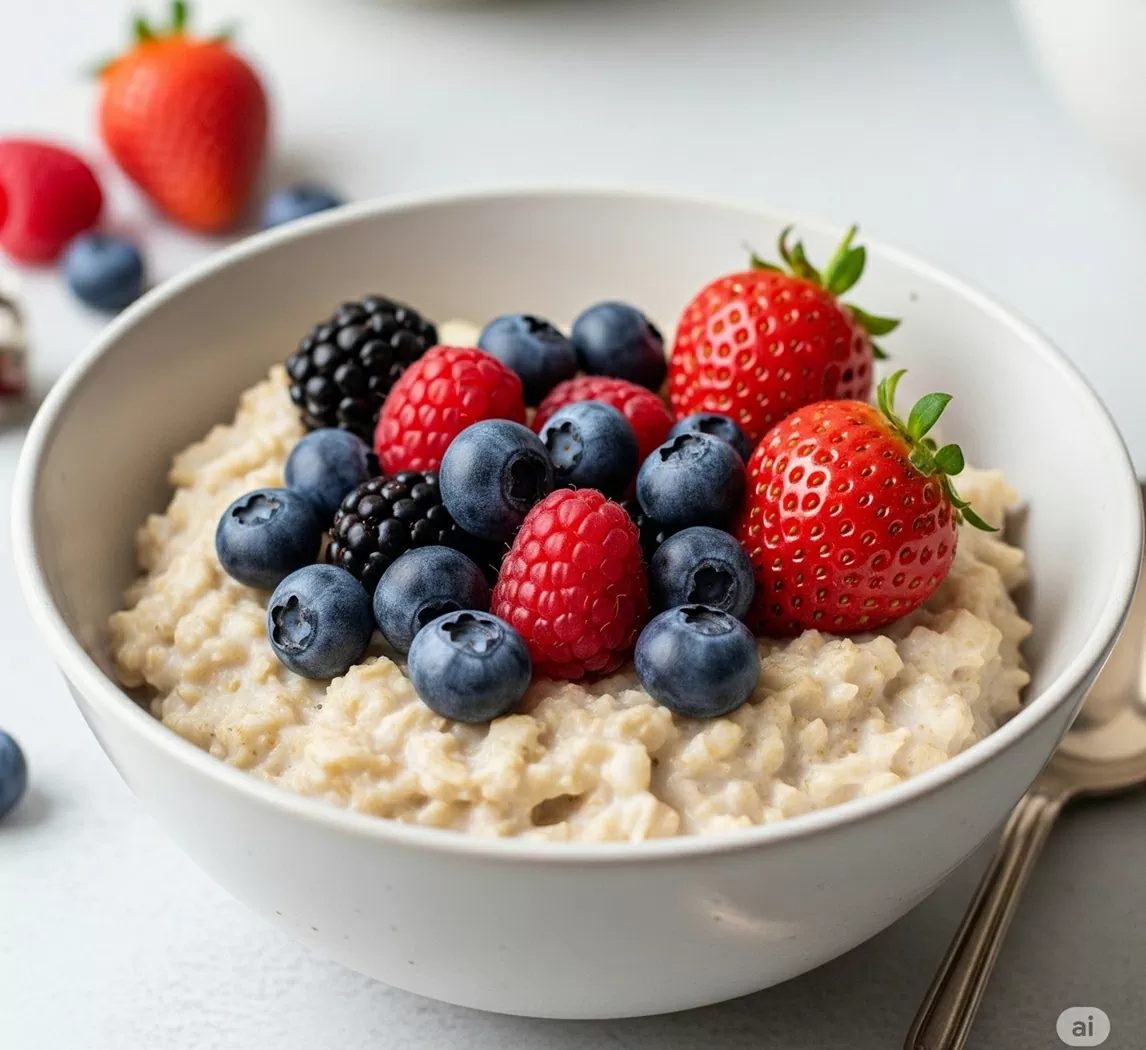

![[Photo] Hanoi morning of October 1: Prolonged flooding, people wade to work](https://vphoto.vietnam.vn/thumb/1200x675/vietnam/resource/IMAGE/2025/10/1/189be28938e3493fa26b2938efa2059e)






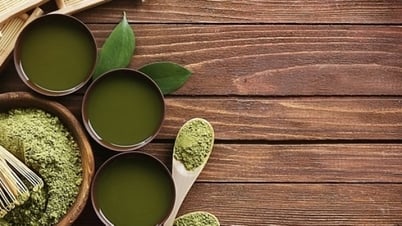
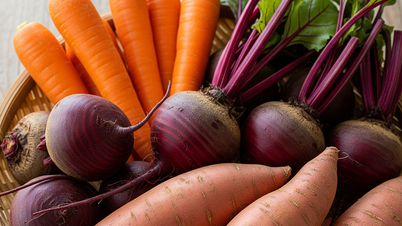

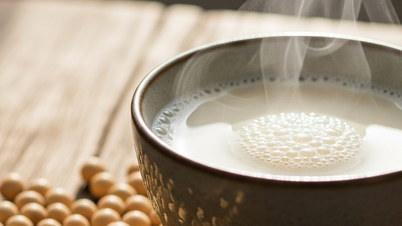



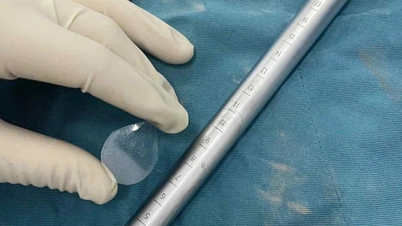


















![[Photo] Panorama of the cable-stayed bridge, the final bottleneck of the Ben Luc-Long Thanh expressway](https://vphoto.vietnam.vn/thumb/1200x675/vietnam/resource/IMAGE/2025/9/30/391fdf21025541d6b2f092e49a17243f)

























































Comment (0)